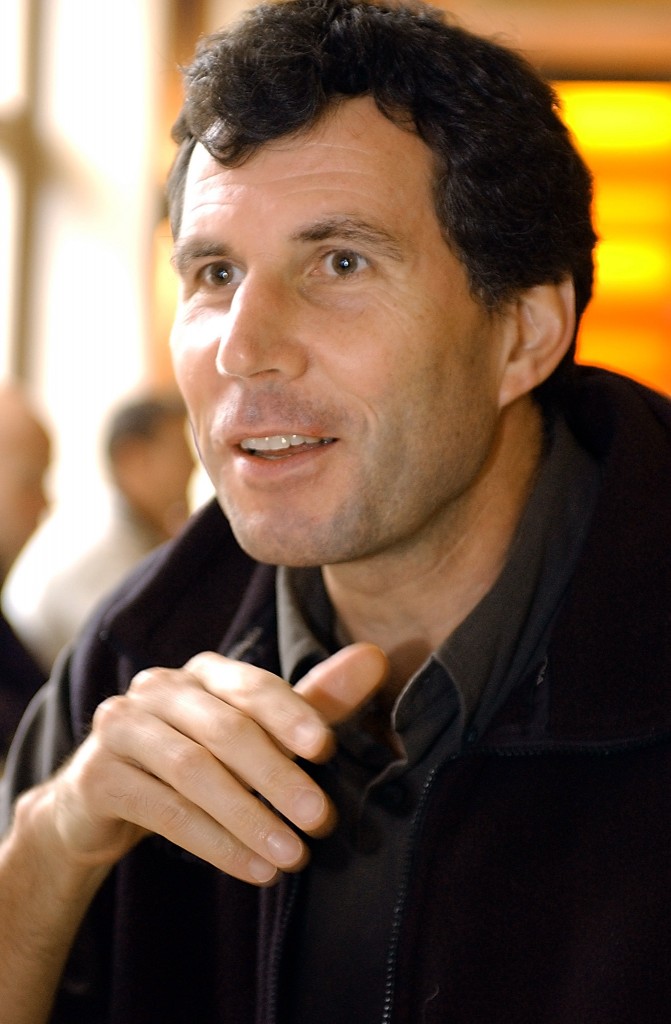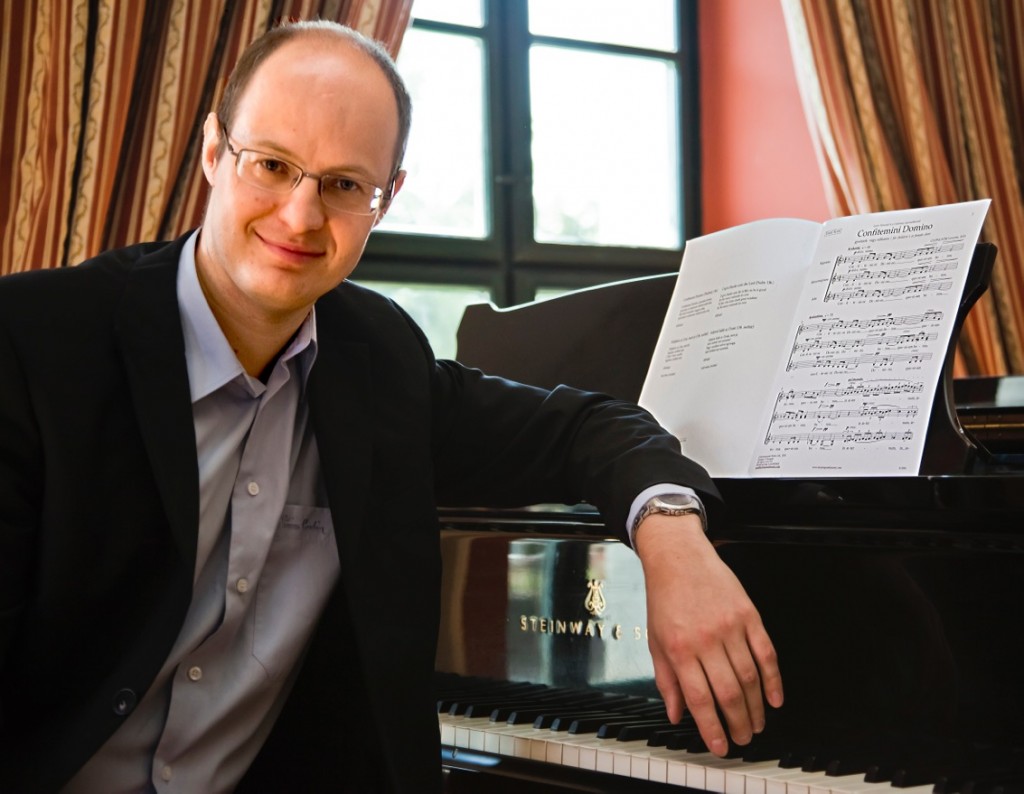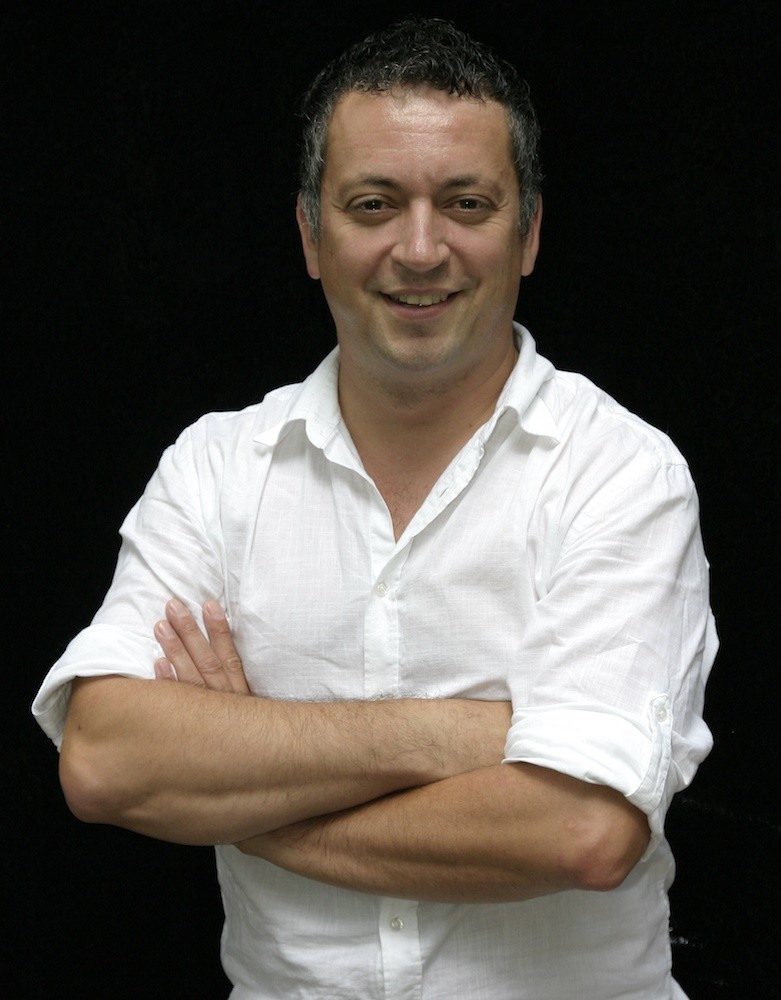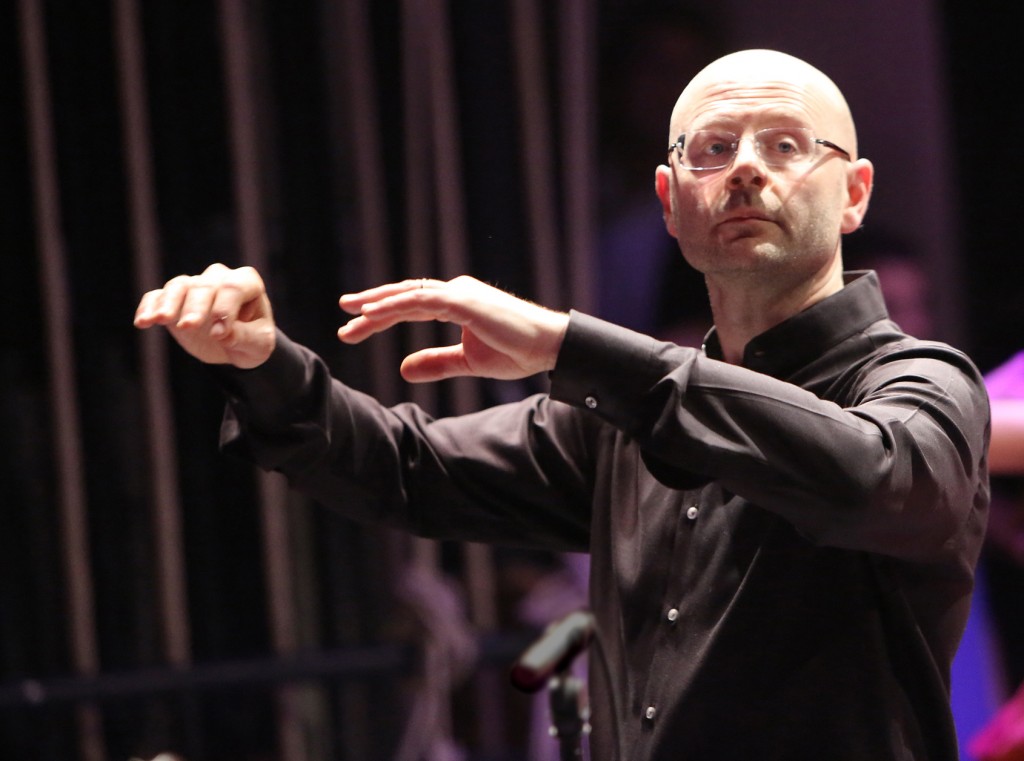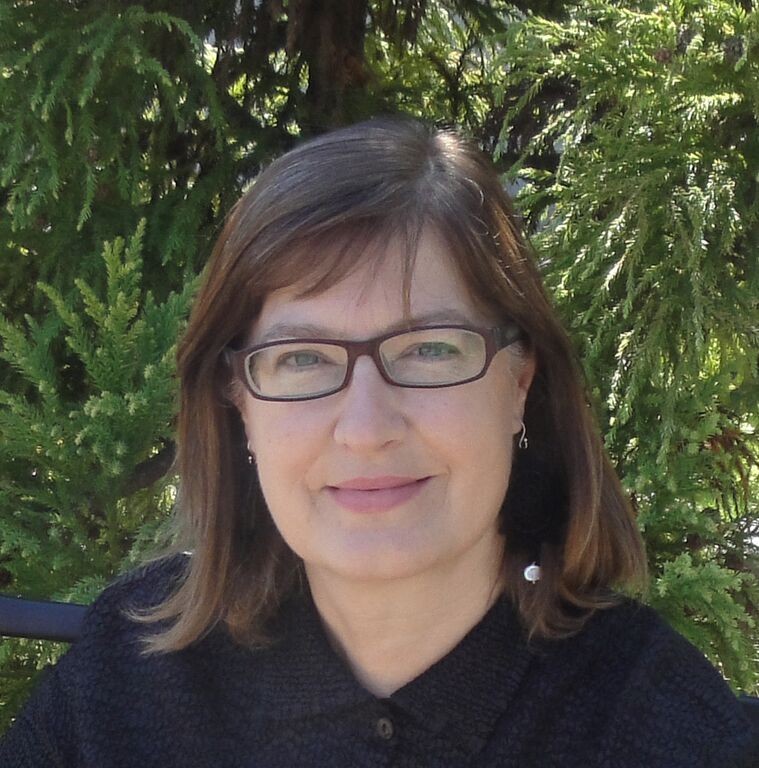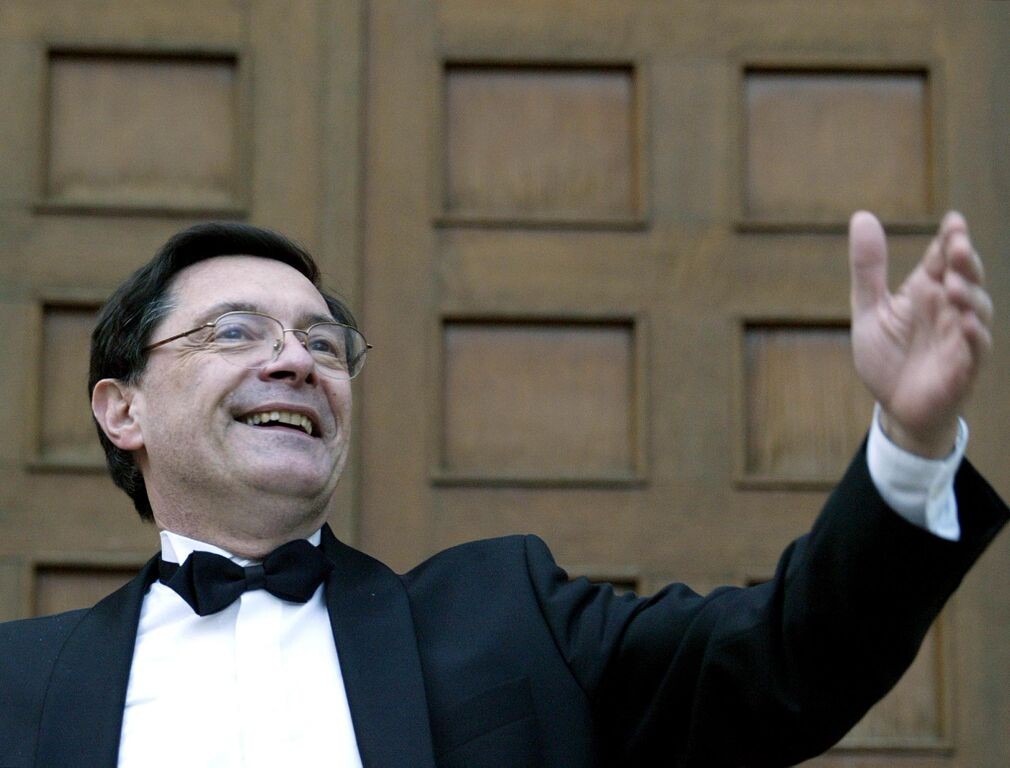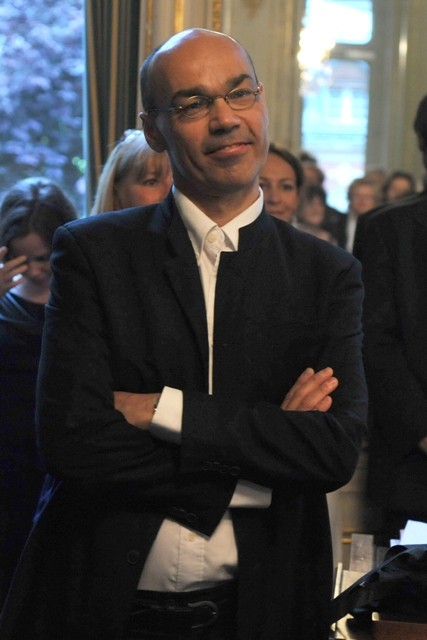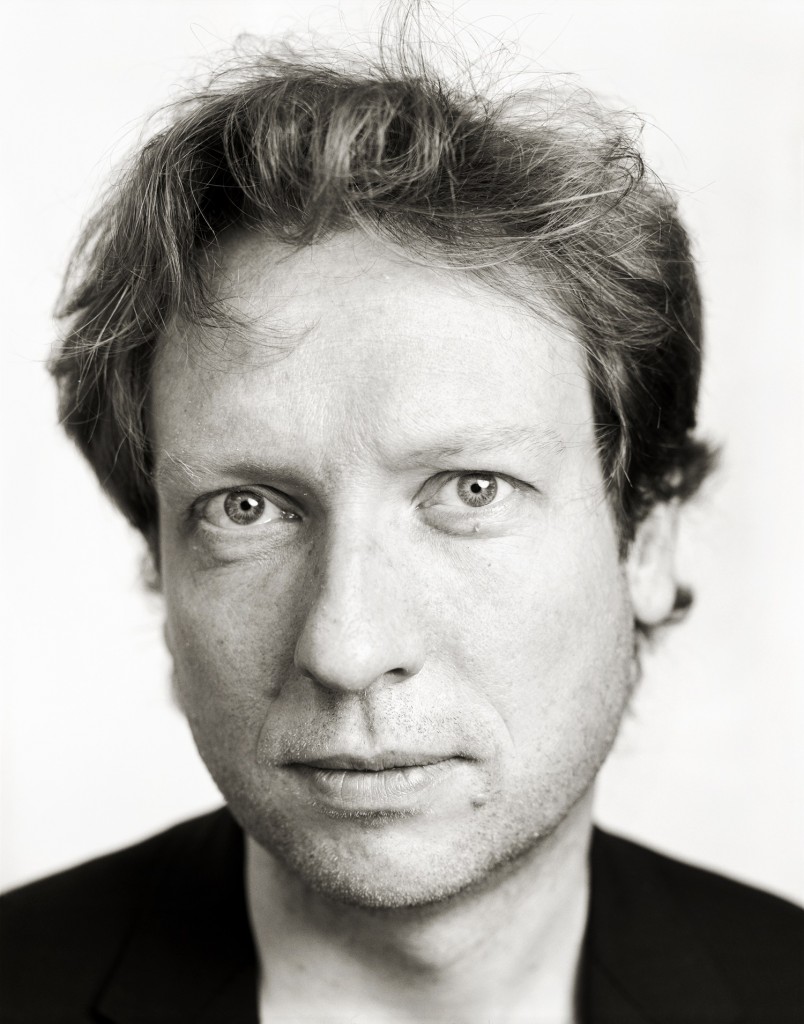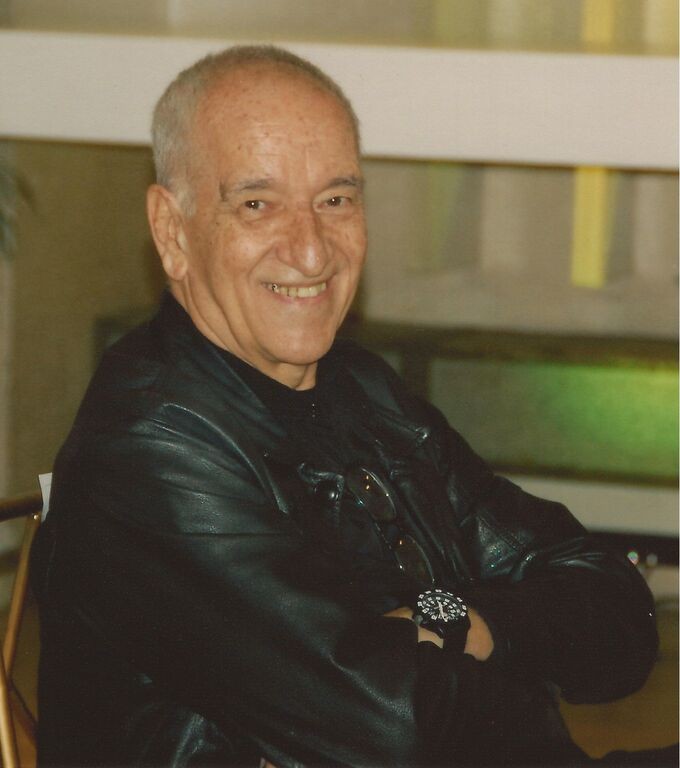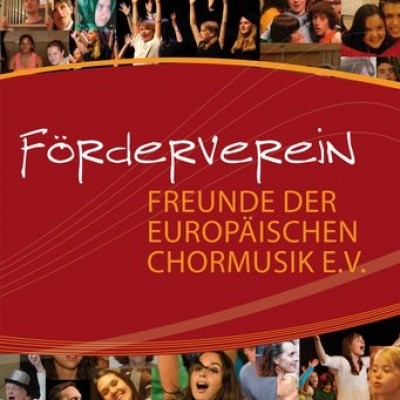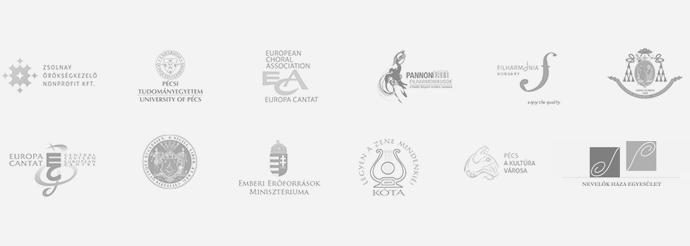| 09:30 - 10:15 | 10:15 - 10:30 | 10:30 - 11:30 | 11:30 - 12:00 | 12:00 - 13:00 |
|
Introductory Plenary Session |
Break | 1st block of sessions | Coffee break | 2nd block of sessions |
|---|---|---|---|---|
24 July 2015, 3 PM: First introductory session and audition for selecting the active participants.
From 25 July: Masterclass and rehearsal of pilot choir in the morning. Participation at stage rehearsal and daily Open Singings in the afternoon and early evening.
More informations about the program here!
9:30-13:00!!!
The lecture of the composer Levente Gyöngyösi will provide an insight into the choral works of his former teacher at the Academy of Music, György Orbán, as well as into the works of Orbán’s friends, János Vajda, Miklós Csemiczky, György Selmeczi and Levente Gyöngyösi himself. Analising one piece of choral work composed by each of the five composer friends, the lecturer will discuss the choral tradition of Zoltán Kodály and the characteristics that link and separate the ’composer quintet’ from their master. The choral repertoire will be performed by the Choir of the Hungarian Radio, conducted by Zoltán Pad. Piano accompaniment by Balázs Réti.
“It is too far away from the classical approach to sing without sheet music... - To surrender to what is created in the moment, is making us feel uncomfortable…“ But what if individual choir singers get the opportunity to leave their prescripted lines and be part of a polyphonic sound in motion? One thing is certain, though you never know exactly what will happen, musical surprises will blossom at rehearsals and performances. Still, many questions come to our minds: How do you loose control as a conductor/singer? What skills do we need to have? What does a mainstream audience think of that?
We think this is a subject worth discussing with experienced and non-experienced conductors.
Moderator: Jo ANNEMANS
Children often form small distinct groups of friends and other children they find themselves more in synch with. But to form a choir it is necessary to have empathy between the singers. We will examine some strategies to make singers meet up, interact, smile and exchange glances cheerfully. We’ll play together!
The music of Canada reflects the influence of its vast geographic realities, its multi-national heritage, and other aspects of its history and nature.This reading and listening session will begin with music from the earliest days of Canada’s colonization (from the Ursuline nuns in Quebec), choral music which is just now beginning to be published. Canadian repertoire which already has an established presence will not be featured. The second focal point will be new currents in Canadian choral music, and both French and English works will be represented.A handout will include excerpts, repertoire suggestions, links to composer pages and publishers, and resource materials from the Canadian Music Centre.
The presentation will first show the userfriendly power of Musica (visit musicanet.org): choral scores described in detail, precise search tool for designing concert programs, multilingual, many multimedia links (correct pronunciation of the text, translations, video…). We will then present new online services: managing your holdings or a music library by using the complete database, interactivity for composers, publishers, conductors, to expand the project.
An approach on “How to write in a jazz style” for both composers & conductors:
Get very precise advice as well as general ideas from the perspective of a jazz arranger in order to improve your skills and feelings in the jazz field. Detailed examples of choir charts will be studied to help you understand how a choir can sound like a big band, and you’ll learn efficient rules about voicings, backings, jazz phrasing, the importance of accents and ghost notes in the swing feel, how to build (and release) tension, clever use of scat syllables, as well as the great importance of “horizontal” thinking... all the things that will make the singers love you!
Amateur choirs are becoming ever more professional in the way they manage their organizations. They have to compete with others in recruiting new members. And they are ever more challenged in marketing their concerts in an innovative way.
Tido Visser is managing director of the Netherlands Chamber Choir, one of the best professional chamber choirs worldwide. He gives a crash course on branding, positioning, marketing and running your choir. What makes your choir unique, how can you organize your team of volunteers, how to approach professionals for collaboration?
This workshop will aim to discover my vision and way of composing for Children and Youth Choirs.
Relationship between poetry and music:
The initial creative moment of a choral composer starts with poetry, so music should be tailored to the demands of the poetic text. From this text, the composer will selected rhythms or appropriate sentences for a good final result.
Musical aspects:
-Tesituras of the voices of the choir for which the composer is writing.
- Suggest and write eurhythmic movements in the score.
- Use sound effects of contemporary music, rhythms with irregular bars, etc.
For some of the music examples of this workshop, will be presented live by the Schola Juvenil de Venezuela under the direction of Professor Luimar Arismendi.
Choral Flashmobs are an exciting activity for singers and for the surprised public alike. Videos of Flashmobs are all over the internet and they look fun and spontaneous.
Yet, a succesful flashmob takes a lot of thinking and preparation, and a lot of choices have to be made, especially if you want to record the event.
Tobias Hug takes you through a guide on how to do a flashmob - talking about repertoire, location, preparation and much more… and on how to avoid common mistakes.
Are you planning the next trips of your choir and looking for interesting festivals and competitions? Do you like the “Cantat” idea and would love to join another Cantat festival in the coming years? In this session, addressing conductors and managers as well as representatives of choral organizations, you will find out more about the different “Cantat-type” festivals from 2016 to 2018, and you will discover the website of the Choral Festival Network, the online calendar of choral events of the European Choral Association – Europa Cantat and other useful websites.
Speakers:
Yveline Damas (Africa Cantat)
Oscar Escalada (America Cantat)
Tim Sharp (America Cantat)
Jean-Claude Wilkens (Choralies)
Kaie Tanner (Europa Cantat XX Tallinn, Choral Festival Network)
Gábor Móczar (Europa Cantat XIX 2015 Pécs)



